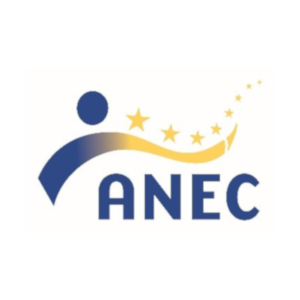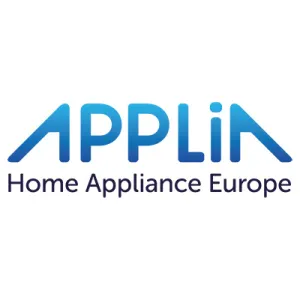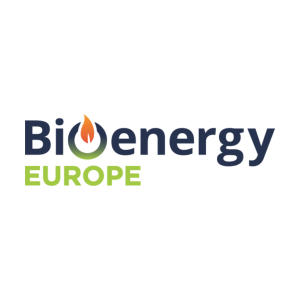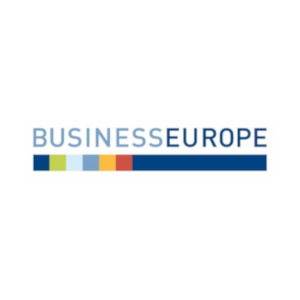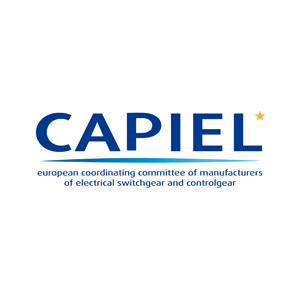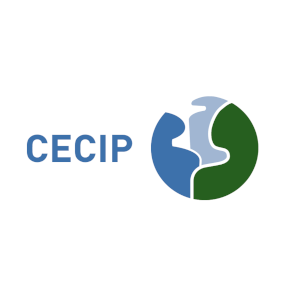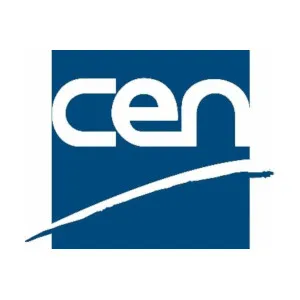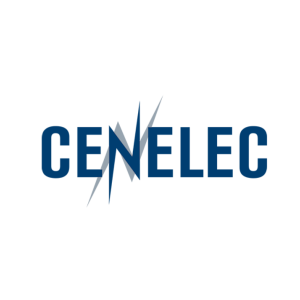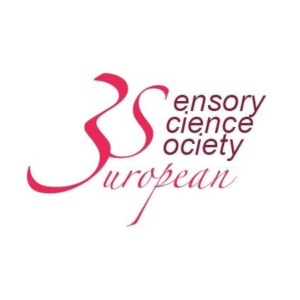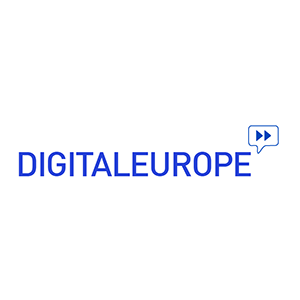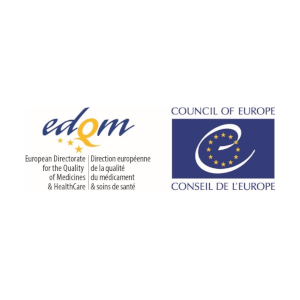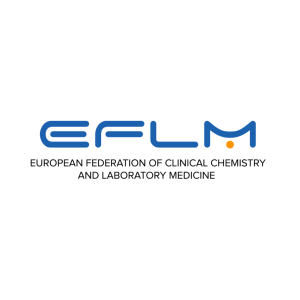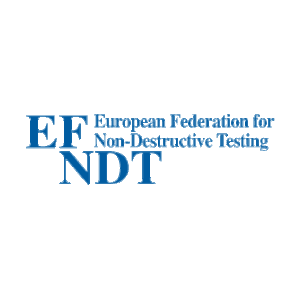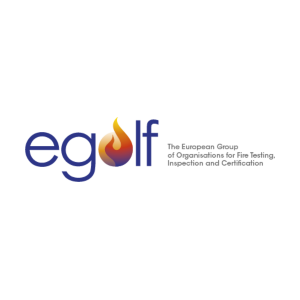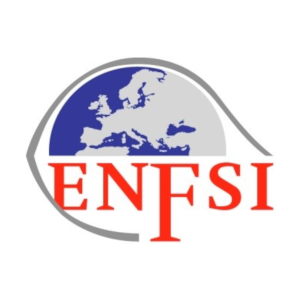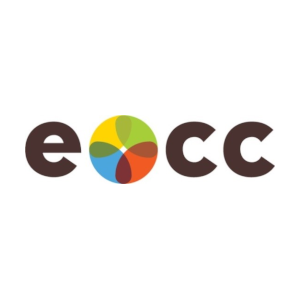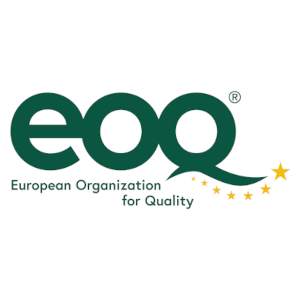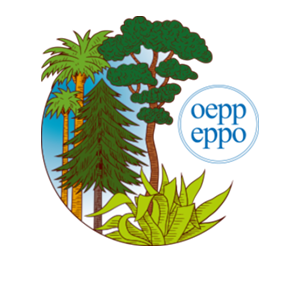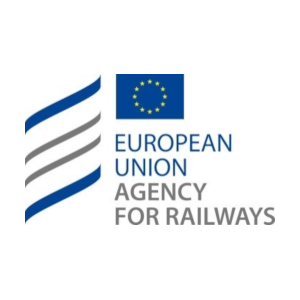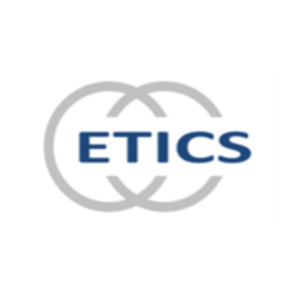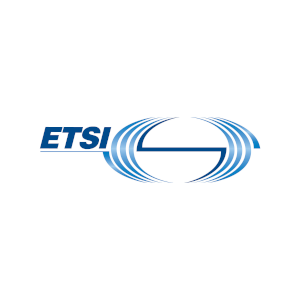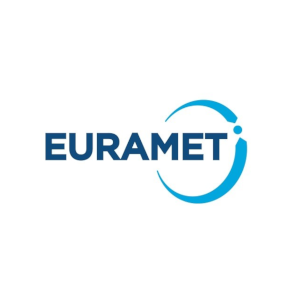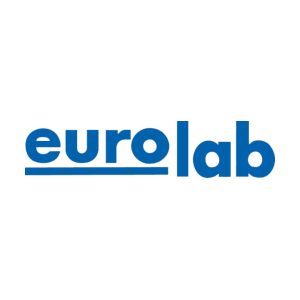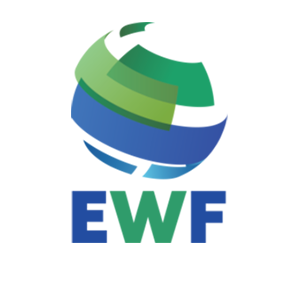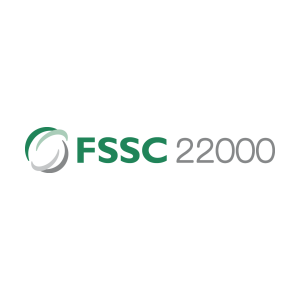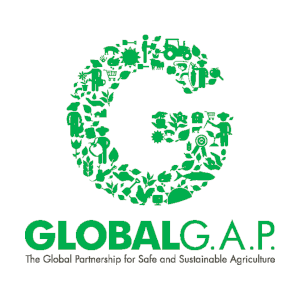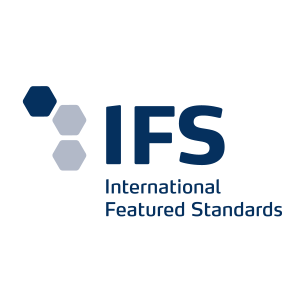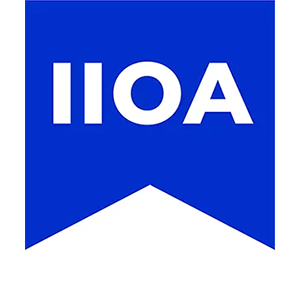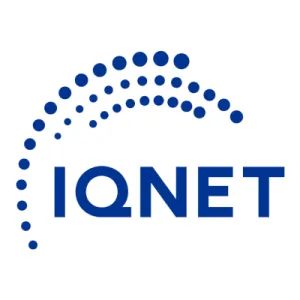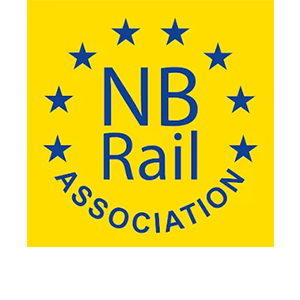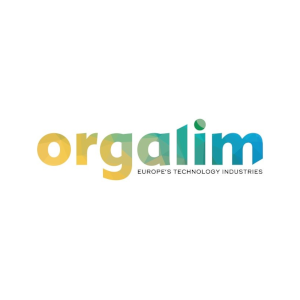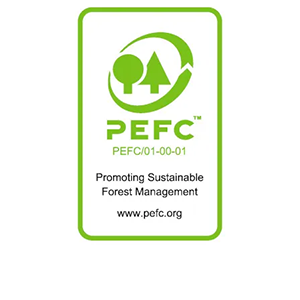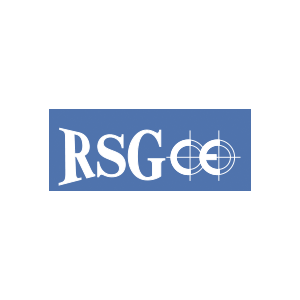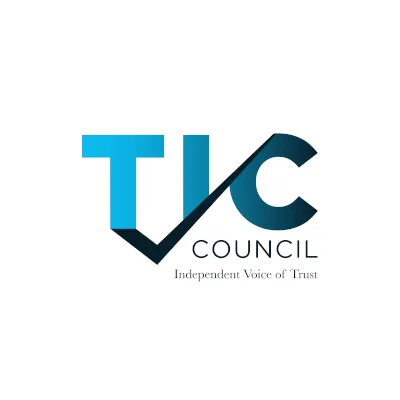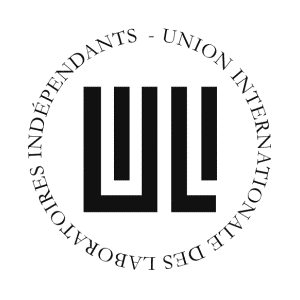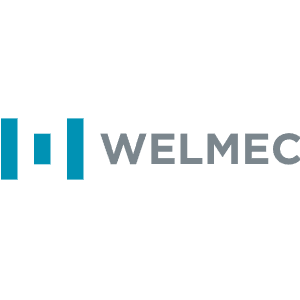Cooperation with Stakeholders
EA is not a business-oriented organisation, but its role is to give regulators, conformity assessment bodies and industry business the framework for the free movement of goods and services on the European market, while offering a high level of health protection and safety for all and the environment.
Involving interested parties is a continuous priority and commitment of EA. To reinforce confidence and transparency, EA set up a policy and processes to enable interested parties to contribute actively to EA’s work.
Regulation (EC) No 765/2008, in many places, emphasises the important role played by the stakeholders in accreditation. It provides a legal basis for their concrete involvement:
- Article 10(2) of the Regulation: Stakeholders shall have the rights to participate in the system set up for the supervision of the peer evaluation activities -operated by EA-, but not in individual peer evaluation procedures.
- Annex I: EA has an obligation to consult all relevant stakeholders.
Besides, the General Guidelines for Cooperation between EA and the European Commission, the European Free Trade Association and the competent national authorities (published in the Official Journal: 2009/C 116/04) reinforce the involvement of relevant stakeholders into the development of accreditation policy and EA’s activities.
EA-1/15 Policy for Relations with Stakeholders
A key policy in EA’s operations
EA-1/15 EA Policy for Relation with Stakeholders gives EA and its stakeholders the framework to maintain constructive and transparent cooperation through active participation in EA work.
Close relations with stakeholders help EA to ensure that accreditation remains connected to the market and reactive to technological, legislative and societal changes. It also creates a link enabling EA Members to adapt their accreditation services on a continuous basis, avoiding creating an unnecessary burden on Conformity Assessment Bodies and businesses.
EA Recognised Stakeholders:
A key partnership, active contributors to EA’s work
Recognised Stakeholders are part of EA’s Inspection, Certification and Laboratory committees and Horizontal Harmonisation Committee, and contribute to WGs and TFGs. Except at the MLA Council level, they are consulted and invited to submit their comments about new or revised documents.
What are the conditions to become a Recognised Stakeholder (RS) under EA-1/15?
According to this policy, a distinct ‘Recognized Stakeholder’ status with associated rights and obligations is granted to organizations that have a particular institutional interest in contributing to EA’s technical activities and wish to become more directly involved in EA’s associative life.
Recognized Stakeholders must be organizations or bodies, either private or public, with a distinct European or international role (in the latter case, predominantly that proactively contribute to European social and economic matters) and a clear interest in accreditation and conformity assessment activities. Associations, in particular, must have significant membership from the EU and EFTA Member States.
Applications for the Recognized Stakeholder status shall be sent to the EA Secretariat.
Organizations Recognized
as EA Stakeholders
Private and public entities represented in the EA Advisory Board (EAAB) are treated as Recognized Stakeholders of right. If desired by the entity concerned, such treatment is maintained even after completion of the tenure on the Board.
Today, EA has 39 Recognized Stakeholders representing regulators, industry, conformity assessment bodies, consumers and standardization and metrology organizations.
The organisations listed below, whose full details are in EA-INF/02: Contact Persons of EA Members, Recognized Stakeholders and Observers, are part of EA Recognised Stakeholders.
The organisations listed below:
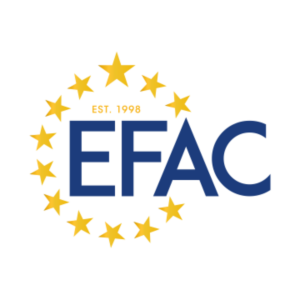
European Federation of Associations of Certification Bodies

Notified Body Coordination Group pursuant to article 36 of the Fertilising Products Regulation 2019/1009


